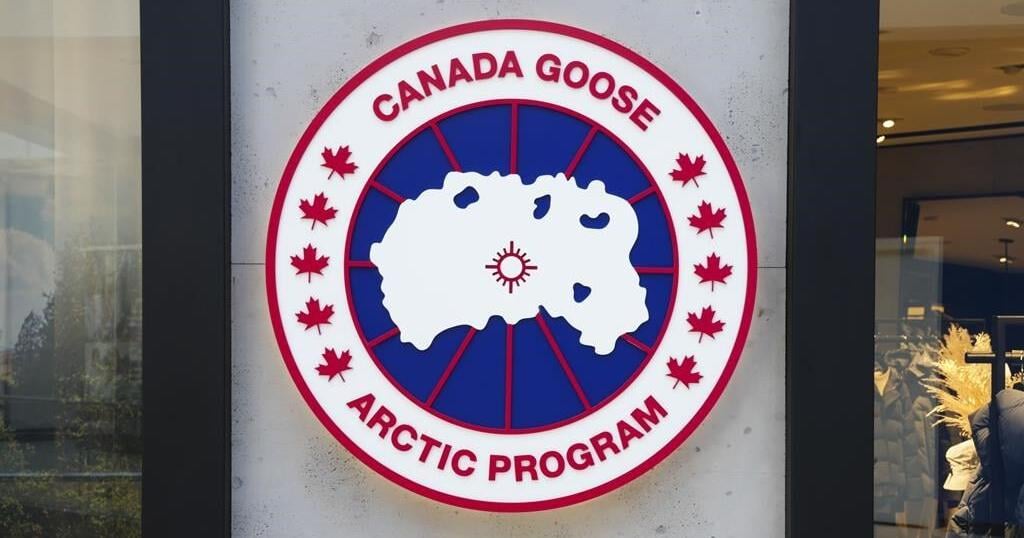Crude oil prices resumed their climb on Thursday, reclaiming some of the ground lost over the last month.
At 1:30 p.m. ET, the WTI benchmark was trading at $91.09, a 3.38% gain on the day. WTI prices are still down from the $100+ barrel mark seen last month, as recession fears took hold of the market, threatening to subdue crude demand growth.
Crude oil prices are still nearly $20 over where they were at the start of the year, and roughly $28 per barrel gain over the last 12 months.
While recession fears—and the possible demand destruction that could come with such a recession—has pulled down prices over the last month, market fundamentals continue to be tight, with crude oil inventories in the United States continuing to slide. On Wednesday, the EIA estimated that crude oil inventories had fallen by 7.1 million barrels, on top of millions of barrels of crude oil making its way out of the nation’s Strategic Petroleum Reserves. Gasoline inventories in the United States also fell by another 4.6 million barrels for the week ending August 12, the EIA reported on Wednesday.
U.S. crude oil inventories, excluding those in the SPR, are now just 425 million barrels,–6% below the five year average. Gasoline inventories are 8% below the five-year average, and distillates are 23% below the five-year average.
The EIA data also calmed fears that gasoline demand could be falling, after it showed the four-week average of implied gasoline demand rose to the highest level this year.
Also on Thursday, U.S. economic data saw a stronger labor market, further bolstering crude prices.
Disappointing economic data out of China this week—a predictor of lower crude demand from the world’s largest oil importer, has capped oil’s increase, as has a stronger dollar, which makes crude oil more expensive for foreign buyers.
By Julianne Geiger for Oilprice.com
More Top Reads From Oilprice.com:




























